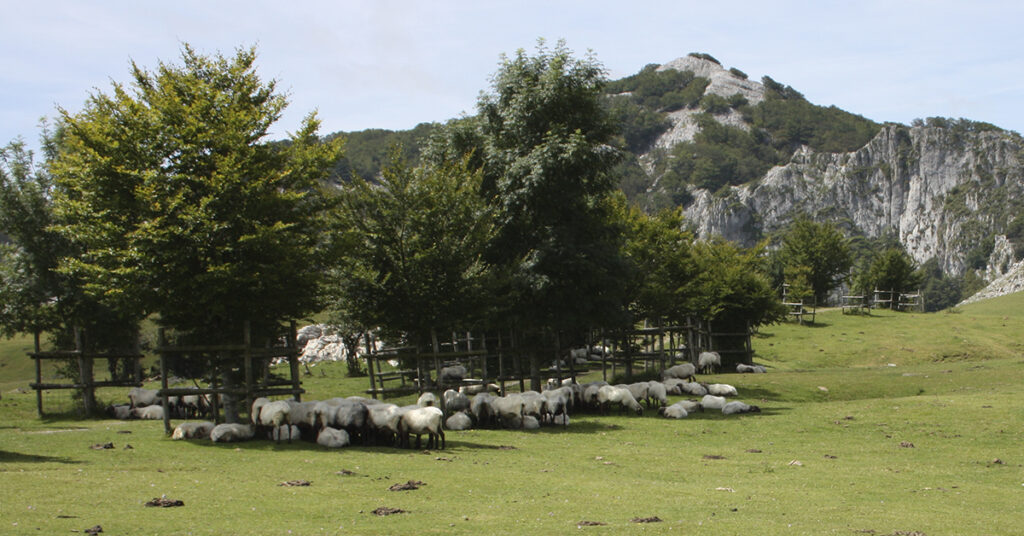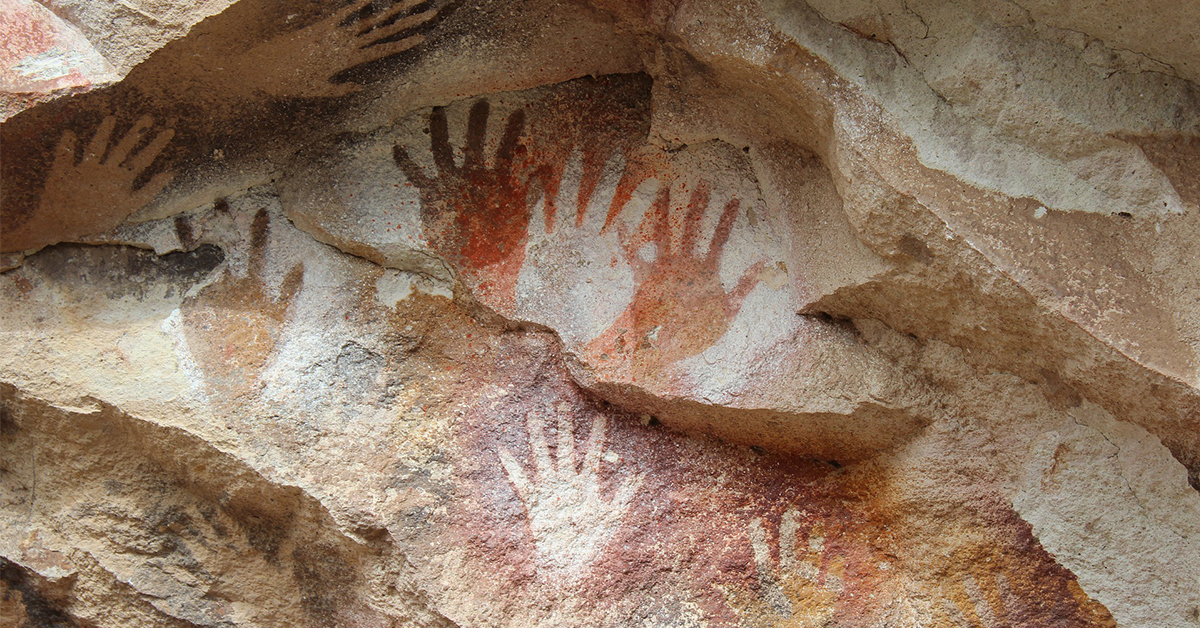Archives
7 amazing words
In any language we can find incredible words, because the words themselves are original, expressive, changing, capricious… and among those oral flowers there are of many ages, sizes, appearance, colors and meanings. How can we not be amazed, thus, contemplating some of those wonderful pieces that yesterday and today in different places human intelligence and creativity have been produced! Nowadays it has become fashionable to show emblematic words from different languages on social networks, for people’s enjoyment. The idea is really good. But in these reels or short videos, false or invented etymologies are often given, due to the obsession with dazzling people. That is not our intention. Here we will present seven words or expressions from Basque, which have some particularity that makes them special. We use some of them naturally in our daily live, sometimes without paying attention to their intrinsic value or their beauty. Others we use less frequently, despite knowing them. And some of them may even be on the verge of extinction, having been displaced from use by new words and/or alterations in their meaning. In any case, all of them are part of our language and we are not going to give them up! On the contrary. It is a real pleasure to be able to display them on the counter, so that, on the one hand, we realize their value, and on the other, we feel encouraged to use them in the future.
Not all languages in the world use exact numbers. The Amazonian cultures Munduruku and Piranhã, for example, are anumeric, that is to say, instead of using words to express exact quantities, they use only general terms to indicate the ideas of ‘a few’ or ‘something’. The basic numbers in many languages are usually 5, 10 and 20, and it does not seem to be a coincidence that this fits with the number of the fingers of one hand, of both, or of the hands and feet.
Most Proto-Indo-European languages use a number system based on 10, called a decimal, such as Spanish. Basque, however, uses a bigesimal system, which has 20 as its base: hogei (20), berrogei (40, twice 20), hirurogei (60, three times 20)… This characteristic is shared, in addition to the French, which uses a mixed system between decimal and vigesimal, with Mayan and Uto-Aztecan languages. It seems that the Celts and Vikings also used a bigesimal system.





